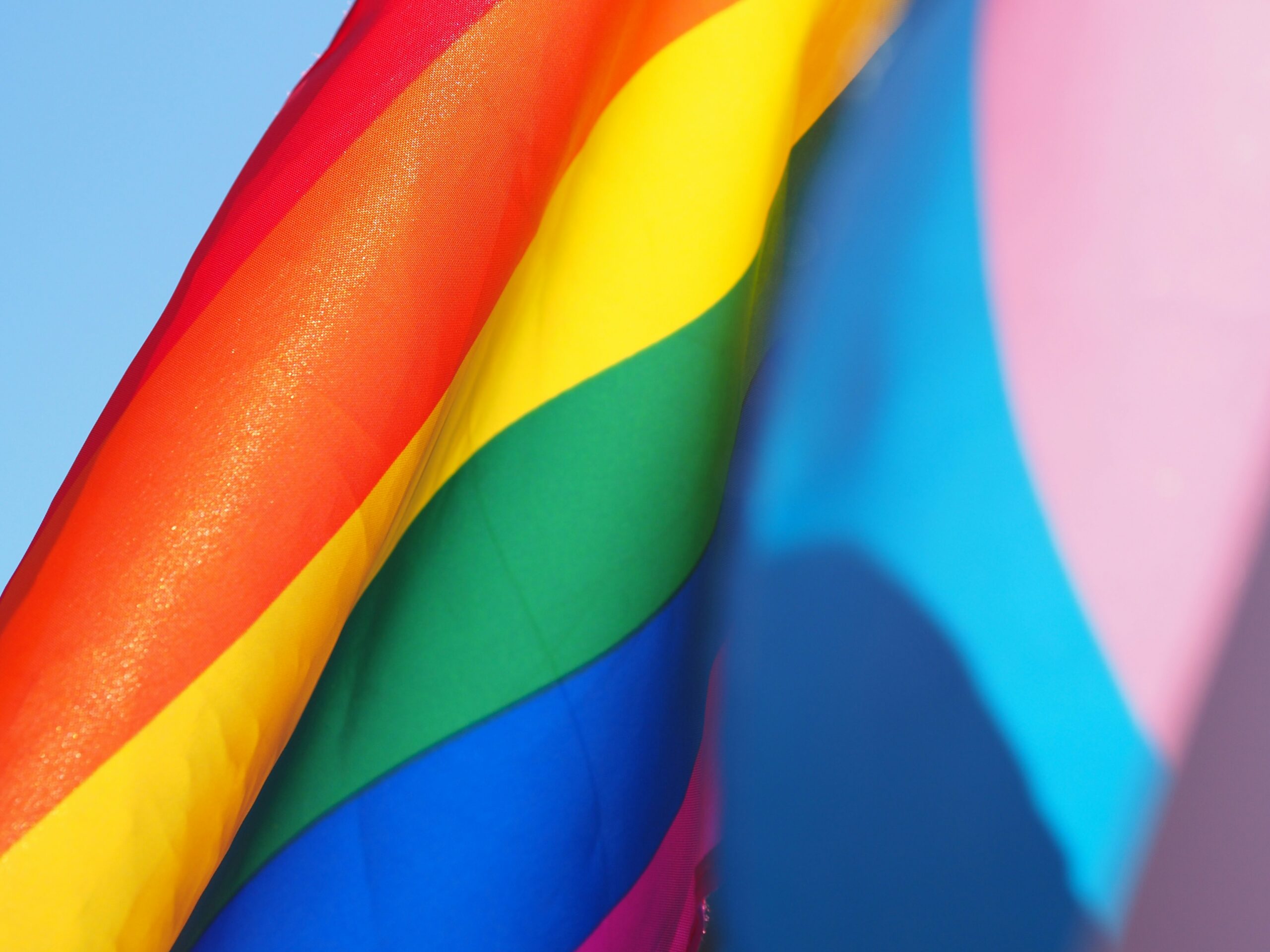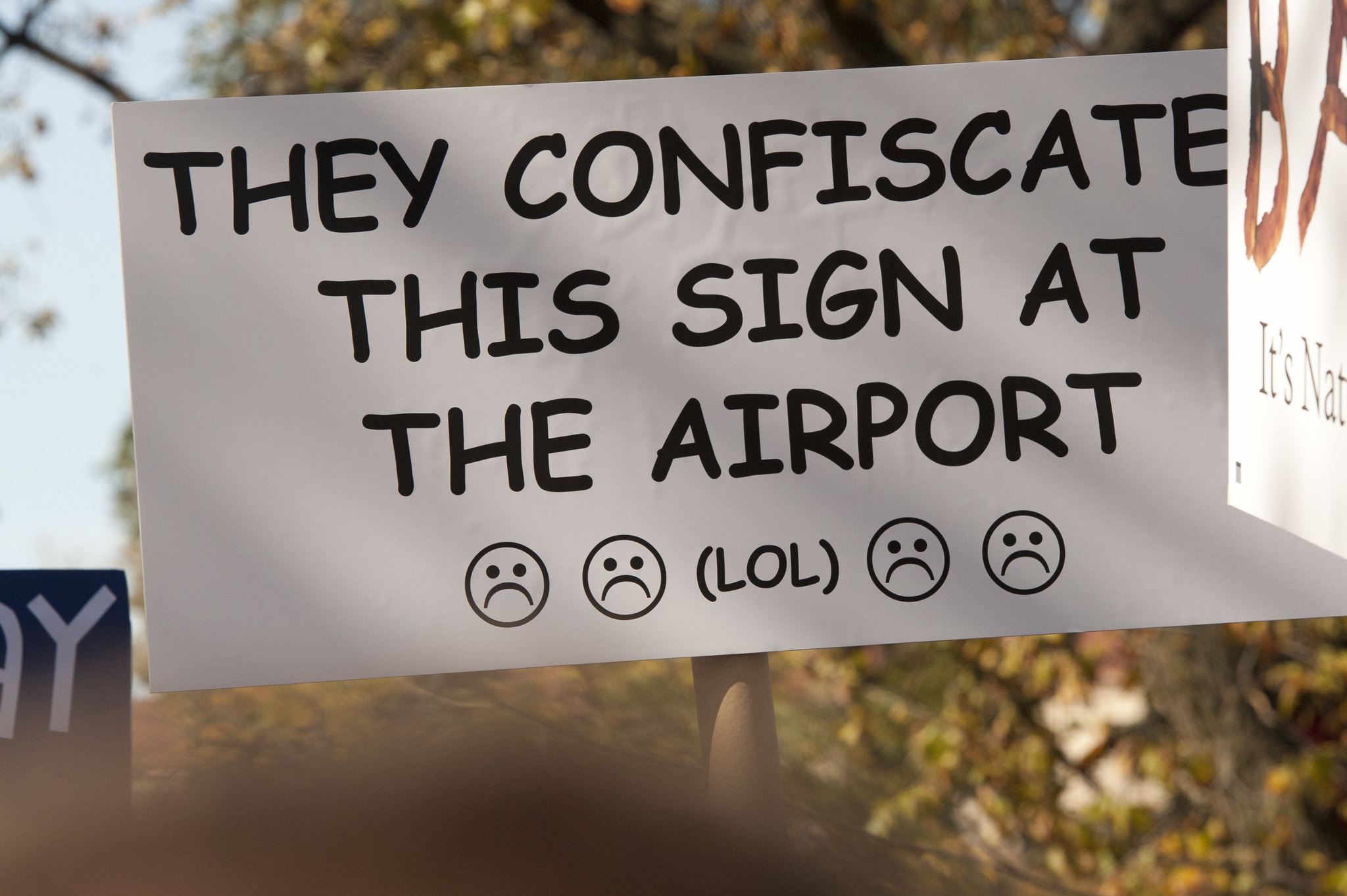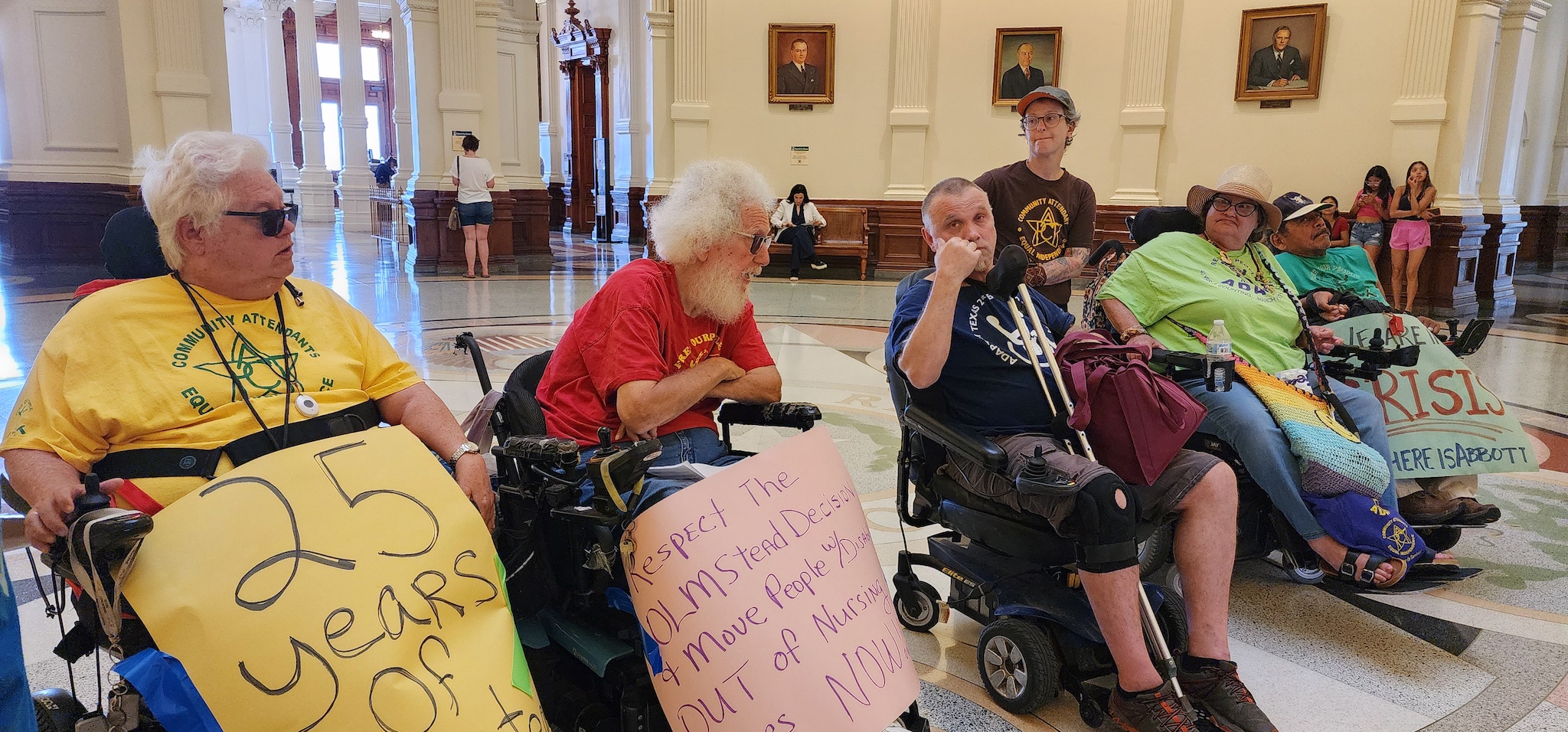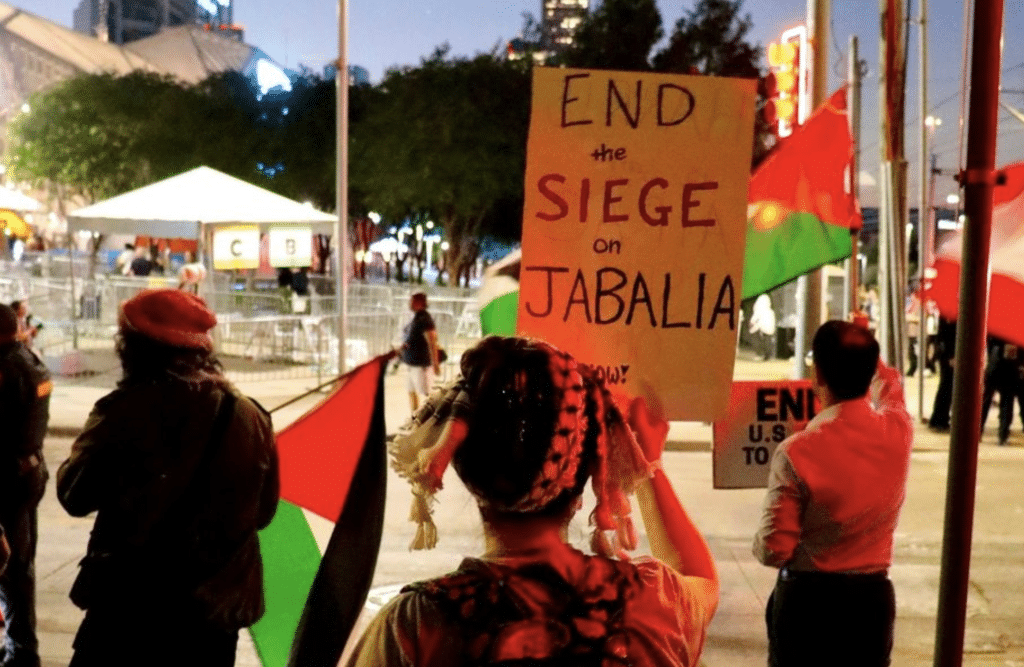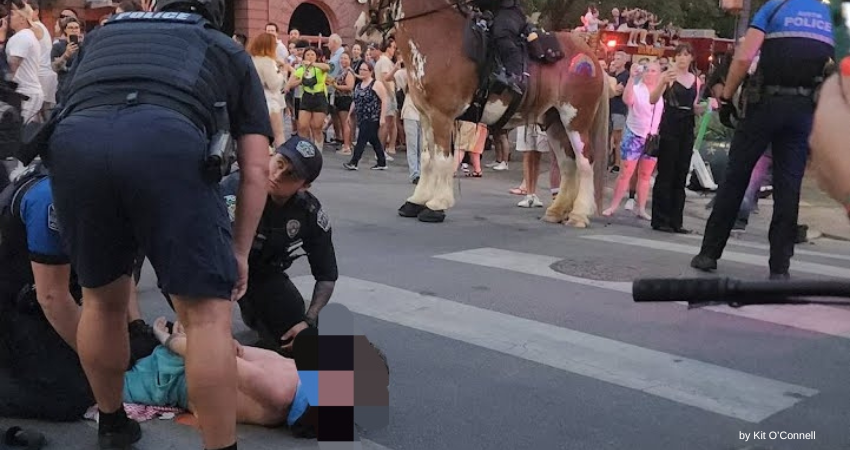In the face of a terrifying crisis, LGBTQ+ Texans must draw on all their decades of experience at mutual aid and building community in order to survive.
Almost every day the federal government seems to launch new attacks on the rights of transgender, nonbinary, gender-nonconforming and intersex people, leaving many of them frightened for their future: their ability to work, attend school, receive medical care and to exist openly in public spaces. At the same time, trans Texans are watching the Texas Legislature with trepidation, as it hashes out its 89th session. The Transgender Education Network of Texas has identified 114 bills filed in the lege which target the rights of LGBTQ+ people in the state, mostly trans folks. Right now, it’s unclear which of these have a chance of hitting the Governor’s desk, noted Landon Ritchie, policy coordinator at TENT.
“We are seeing pretty much attacks on or attempted attacks on queer and trans Texans in every aspect of public life and we’re expecting to see a lot more, but we’re also grounding ourselves and reminding community that not all these bills have equal chances of becoming law,” he told Deceleration.
